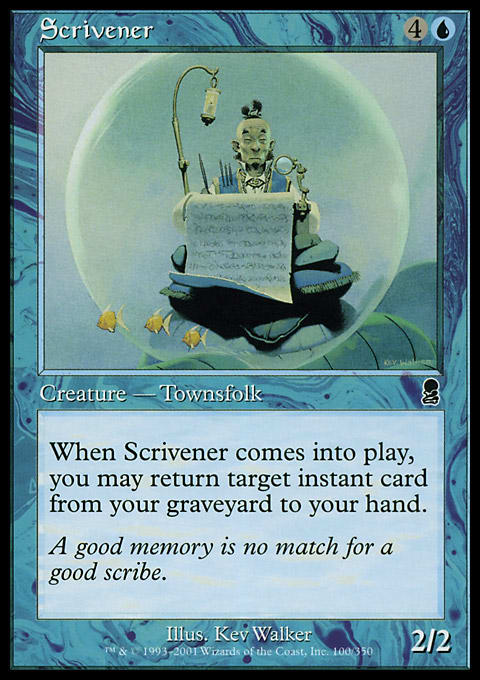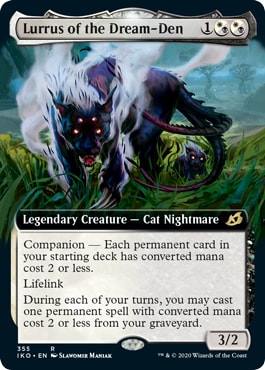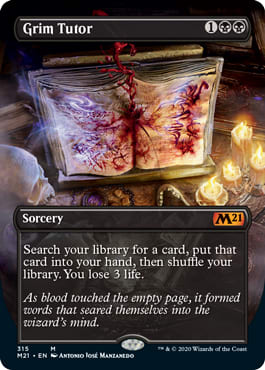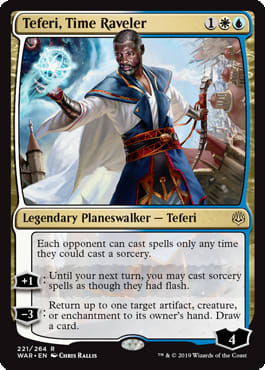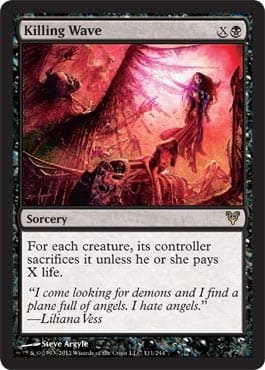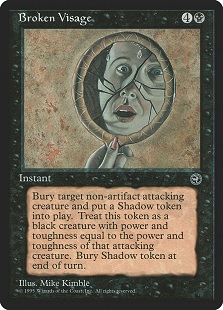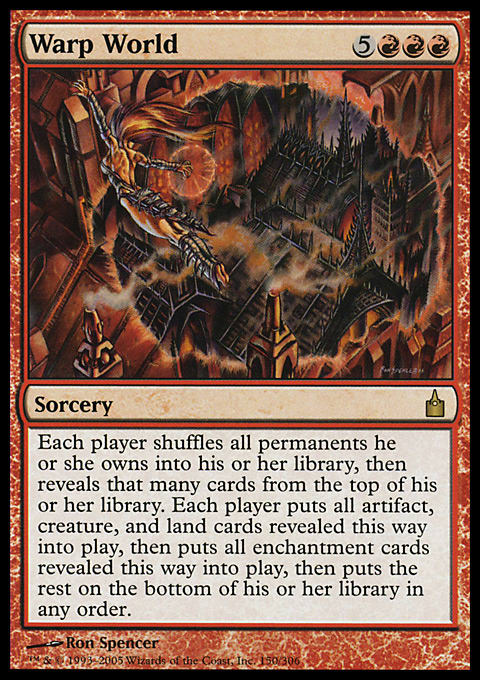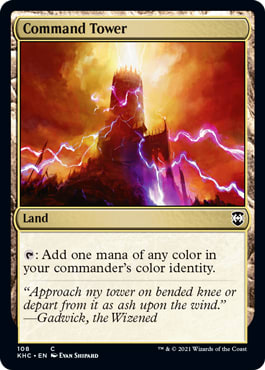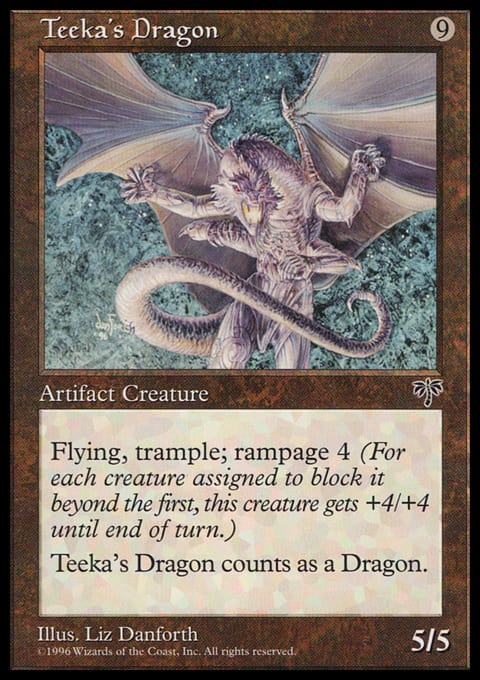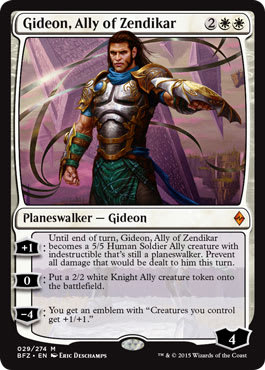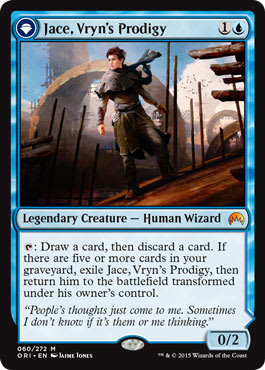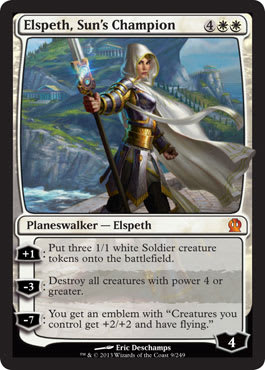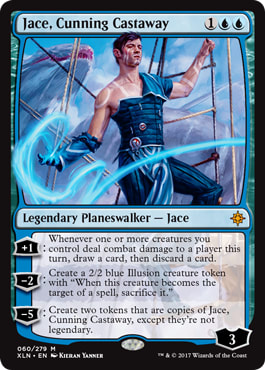Wizards of the Coast veteran, Magic ambassador, and social media user Mark Rosewater has been doing a sort of self-assessment of the year that was in Magic makin' for a very long time now. It's typically a sort of "three up, three down" affair, and though I never feel like I'm reading dishonest material - I find Mark quite honest for someone so necessarily connected to marketing and hype machines and such; I never get the impression he doesn't genuinely enjoy Magic and the work he does - he's still beholden to a lot more restricted speech than the CoolStuffInc theory weirdo with the sunglasses and hat picture.
He is necessarily embedded in constraining contexts that I am not.
The above 2020 edition of the column, however, was the first installment I ever read in partial disbelief. Though I always appreciate the open willingness to express transparent learning opportunities - Mark doesn't have to do this column if he doesn't want to and there's no way it hasn't caused him some kind of corporate inconvenience at some juncture - some of the lessons this time around are somewhat... plain.
I kind of expected some of these lessons to include more explanations for why some of this stuff got out the door at all or continues to get out the door, not merely the stating of the obvious: that some wild stuff gets out the door these days, bow howdy!
We are aware. You should see this Red counterspell thing.
So anyway, yeah, companion was a transparent debacle at immediate first glance, the "balance issues" to which he refers are some predictable variation of the same experiences that have defined Standard in a negative way for the overwhelming majority of Magic's lifespan at this point, and yes, players do enjoy reprints. People want Grim Tutor for a real number. More news at eleven.
Historically, I'm one to defend most of the powers that be, but I do think we're in a period of particular dysfunction. What's really going wrong? What's really going right?
Here's another swing at the Magic present from a different perspective, both positive and negative, in roughly the style Mark has made his tradition.
Good Thing 1: They are "Killing It"
To borrow the terminology Evan Erwin used following some quarterly report or another a few months back, deep into the pandemic: Magic is "killing it" right now.
Killing it in this context means that people are still buying boatloads of Magic cards. As someone in the industry, I can confirm, despite the circumstances of the greater world in 2020, people are still buying Magic cards. I have friends all over the Magic business world, and the story is similar in most places, at least at the surveyed levels. Whatever is going on among the numerous world crises of our current moment, Magic cards continue to exist and to move in the way the need to.
Regardless of the rest of the details, regardless of our complaints about Uro or Oko or Standard or whatever else the general murmur, the thing that most needs to happen is, on some level, still happening.
Neato mosquito.
On the other hand...
Bad Thing 1: They Might Literally Be "Killing It"
Recently, we took a look at how bad data affects basically everything. Well, it'd be a huge indulgent dose of bad data to think the current sales of the game alone are a sufficient metric for telling anything important about the longterm health of the game.
As we've recently seen with the stock market, the way things play out can be more or less chaotically arbitrary, relative to the experience of the general public that is affected by it downstream. While it may seem that Magic is at high altitude on cruise control, that's only really usefully true if you're a Hasbro shareholder or you're a WotC middle manager with a kid approaching university age. If you're someone who wants a sustainable, well-maintained card game to preserve the experiences of your past that you most value with Magic well into the future, this one metric doesn't tell you very much.
Consider this:
If the game is doing well in sales without any events happening, what the hell has all this tournament religion been for all these years? It's been nearly impossible to run any tournaments for a year, but the game is still flowing. Anyone could've paid attention to good data at any point in the last decade and realized this, but here we are. The "silent" majority of casual players that drive the game's market has been "hiding" in plain sight. While the validation myths of tournament culture were disenchanting us every time another self-righteous fraud got caught cheating or some pro cashed in all their good will with a transparent scam or by saying something stunningly out of touch, the vast majority of Magic's biggest market was doing what Magic players are supposed to do: they were having fun acquiring, trading, and playing with Magic cards.
Countless detailed resources are aimed at the Standard format as the driving impetus for the game's ongoing engine of economic viability. Yet players can buy into it in a different way of playing it on Magic Arena during a pandemic and still get bored of it because it's solved that much faster; then they still spend money on mostly other Magic stuff that gets barely pushed at all, relative to the noisy mainstream. We've already established that the casual market is overwhelmingly the true driver of the machine here. So, why are we still stuck in the tradition that Standard is the fundamental way in which the competitive framework for the game necessarily interacts with players? For what payoff are we making pushed Uro play patterns the norm? Or Emrakul, the Promised End? Or Rally the Ancestors? Or Aetherworks Marvel? Or Rogue Refiner? Or Felidar Guardian? Or Oko, Thief of Crowns?
On a fundamental level, Standard should have to work for Magic; Magic should not have to work for Standard.
If this data is available and obvious, why isn't anyone doing anything with it?
I suspect it might be because, like the stock market example, a huge amount of the meaningful agency in Magic's existential ecosystem right now is tied up in parties that are either too traditionalist to find creative solutions to these problems, or worse, they're no longer tied to Magic outside of what potential it has as a lazy investment for themselves personally. Either way, these are not symptoms of sustainable, healthy systems. It's kind of uncomfortable to think of the status (or lack thereof) Magic might have in the present had EDH been conceived by players with less community reach, or if their idea was even a little less awesome than it was.
The game needs fresh reform in a lot of its most visible places. There's no cart or horse right now for this stuff; it's just a group of people whose job it is to stand around looking at their inheritance of horses and carts.
Good Thing 2: Design Understands Cohesion Better Than Ever
Magic is a complex game. It needs to do itself every favor it can in being friendly to its audience, where it can.
The truth of the matter is, old sets are a mess. It's amazing some of them were conceived with some of the same sensibilities as current sets, in terms of draft, Sealed, Standard, and so on. There are sets from yester-year I cherish to this day, but it is crazy to think how often weird abilities would just show up once or twice per set for no real benefit. And this was before we got reminder text all the time! What even is the rare in my pack?! Someone help! Please!
Banding anywhere outside of ABU Benalish Hero still makes me straight up uncomfortable, you guys.
For all their balance issues in their "showcase format" (see previous section) the sets generally make sense to play in an intuitive way that straight up didn't used to be there, as long as you can get over the initial learning curve of learning to speak some functional Magic. The game still feels like it has wide possibilities without some cards seeming arbitrarily lost in the same set together. The ongoing increase in focus on this over the years can't be overstated. Great job.
Bad Thing 2: Development is More Insulated Than Ever
Ikoria and Kaldheim are both runaway messes of word salad and mechanical overload. However many non-Magic people are in the room these days, it isn't enough. The game needs to be accessible to grow. In a world where attention spans are shrinking and the attention economy is a crowded dystopian mosh pit, the answer is not to make your slow-ass moving card game more cumbersome, more bogged down with technical details. It reeks of a game developed by its own for its own, leading to a scarcity of perspectives that can solve problems before they get out of control. The answer to better balance and evolve your development systems isn't to hire three more Magic players. What the hell are they going to know about game balance? They play Magic all the time! That game can't balance for nothin'!
Good Thing 3: The Magic of Magic is Indestructible
For all the cooks that spoil the broth sometimes, Magic is resilient because it is so fundamentally engaging on its own principles. When it becomes tiresome, unbalanced, or incoherent in some way that distorts our experience into something crappy, it's largely because someone bombed on a way to evolve it healthily in time before a product deadline.
Be the EDH in your world. Be the Cube owner. Find ways to make your experience of Magic a bigger part of your model of the game in your life than whatever it is when it's annoying the hell out of you.
Bad Thing 3: The Creative of Magic Creative is in the Graveyard
As scattered as the old sets were from a design perspective, there was something beguiling and Delphic about the way the game presented itself. It had clumsiness, sure, but it also had something out of reach, haunting, and unusual. It reminds of me of the way video game players are so enamored with the nebulous worlds of From Software's Dark Souls franchise. It had its own experience that was hard to match elsewhere, a sort of sexy "less is more" approach to lure you in and smother you in atmosphere, the way a dream does, rather than beating you over the head with binary facts about BIG, EXPLODEY...things.
At present, Magic creative seems to mostly co-opt the already lazy and tired ideas of other big entertainment franchises to brute force the storytelling to fit the target market initiatives. It's a self-fulfilling prophecy of inadequacy and point missing. It's a bit like trying to race a street car with a boat. I don't know why they do it, and it makes them look ridiculous.
Thankfully, there are enough artists in the process that it remains beautiful despite its lumbering, laborious programming. Magic does generally look prettier, even when the stories are ugly.
It's just that... I want Jace to be sexy, but like, for real sexy, you know?
...
I can't think of anything else more important than that to say.
(~_^)
The Rascal
The Indestructible Danny West
















